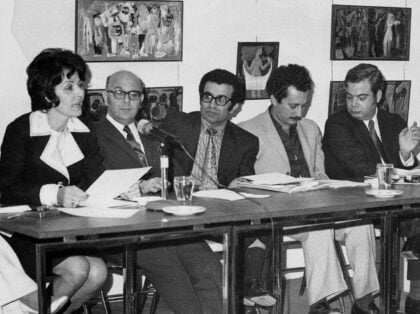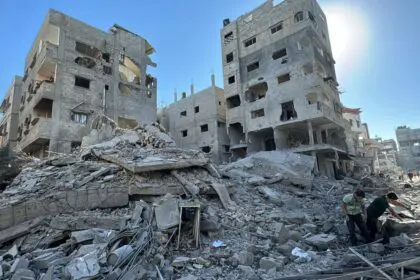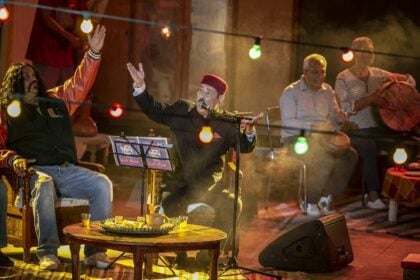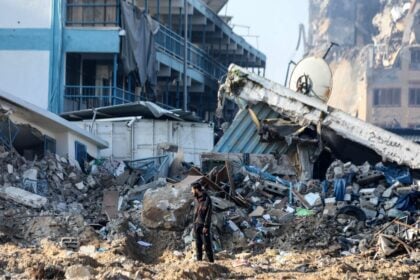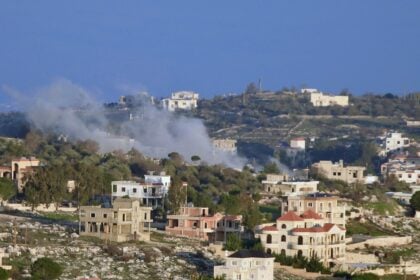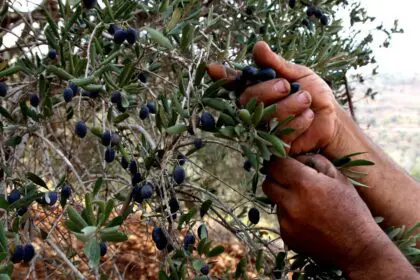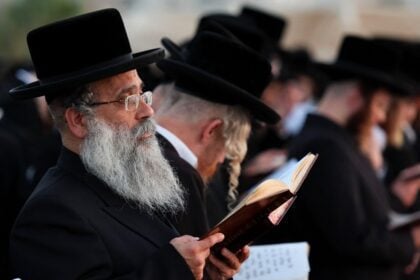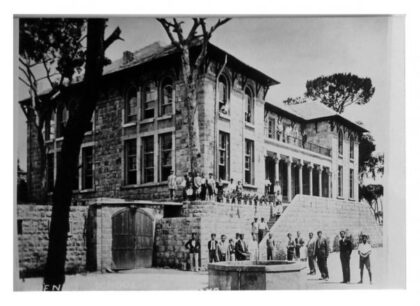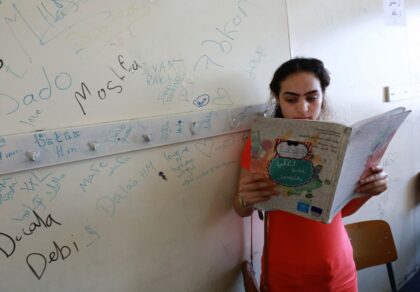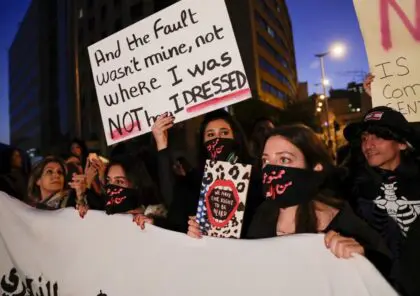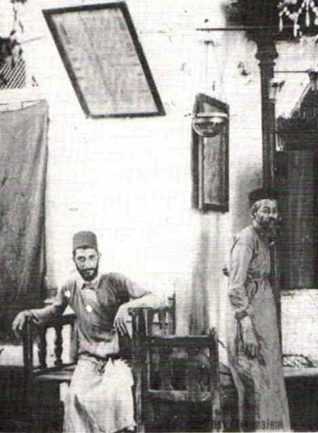
Introduction
Traditionally, Palestine was a predominantly agrarian society, which strongly determined its social relations. Although the cities experienced moderate growth from the second half of the 19th century, at the end of World War I, around 70 percent of the Palestinians were still living in rural areas.
Today, the urban-rural population ratio is the complete opposite, although there are large differences within Palestine. About 60 percent of the inhabitants of the West Bank still live in rural areas, compared to only 20 percent of the inhabitants in the Gaza Strip. This is the result of the exceptional influx of refugees in 1948.
In agrarian Palestinian society, individual Palestinians formed part of larger kinship groups, the hamula (or humulu, often translated as ‘clan’). The hamula is made up of several families descended from a common ancestor. Several clans together make up a tribe. Kinship was (and still is) determined by the father’s family. Strong social and economic ties were maintained within the hamula. Members of the hamula also lived together, holding common property and communally tilling the fields.
Women
Women married into their husbands’ families and moved in with them and their families after getting married. Children from wedlock were viewed as part of the husband’s family, and as a rule the father was granted custody of the children in the case of divorce. Within the family and the clan a hierarchy existed wherein sons were subordinate to their (grand)father’s authority, women to the older men and women among themselves to the older women. Children had to show respect and obedience to their parents. Adults who refused to submit to authority, could also be excluded from the group.
Family Honour
In traditional Palestinian society, family honour is of crucial importance. If violated or threatened, honour killing and blood revenge are accepted mechanisms to put matters straight. Honour killing takes place if the family’s honour is threatened, a situation which is often caused by illegitimate relations between men and women.
Strangely enough, the violence is directed especially towards the female, the perpetrators usually being close male relatives (fathers, brothers). Blood revenge is based on the principle that bloodshed should be avenged with blood (the biblical ‘an eye for an eye, a tooth for a tooth’). If the victim’s family consents, blood revenge can be bought off by paying blood money; the amount is determined after mutual consultation.
These relations were not limited to rural areas. The same inter-personal relations, customs, and values applied in the cities as well, although under different socio-economic conditions.
Latest Articles
Below are the latest articles by acclaimed journalists and academics concerning the topic ‘Society’ and ‘Palestine’. These articles are posted in this country file or elsewhere on our website:


